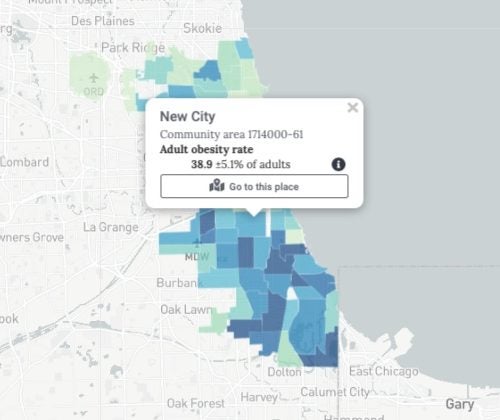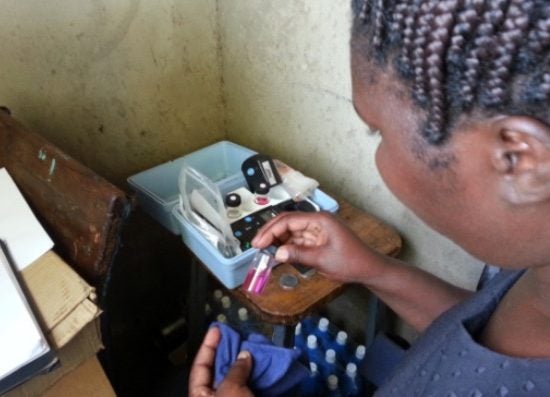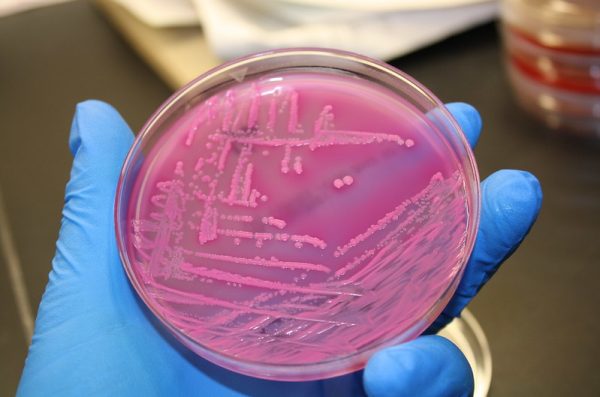A STEM-designated degree
The MS degree in epidemiology educates students in the application of epidemiologic research methods in preparation for research careers. This program introduces the student to fundamental techniques of data analysis built upon a solid methodologic base. The most competitive applicants to the MS Program have taken public health courses. A thesis is required in order to graduate.
Program contact information Heading link
Next information sessions Heading link
Epidemiology in action at UIC Heading link





Global health opportunities Heading link
SPH faculty, staff and students are collaborating to advance public health in 65 nations across the world. MS students develop global health research skills through SPH’s global health concentration. In particular, SPH’s Program in Kenya provides diverse opportunities for epidemiology students, with a long history of community-based efforts to reduce HIV risks and other sexually-transmitted infections.
Faculty research highlights Heading link
Pesticide exposure & cardiovascular risks

A study led by Maria Argos, PhD, associate professor of epidemiology, found about five to nine percent of employed Latinos reported exposure to solvents, metals or pesticides in the workplace, and Latinos who are exposed to pesticides in their workplaces are twice as likely to have cardiovascular disease compared with Latinos who are not exposed.
Apps for HIV prevention

Mark Dworkin, MD, professor of epidemiology, is leading a National Institutes of Health study examining the use of an app to improve adherence to antiretroviral medications among HIV-positive gay Black men, who generally have the lowest levels of retention in care and are less likely to achieve viral suppression.
Sexual & reproductive health

Bacterial vaginosis is the most common vaginal condition in women across the globe ages 15-44, increasing risk for contracting sexually-transmitted infections and birth complications. Research from Supriya Mehta, PhD, interim associate dean for global health, suggests male treatments could be key to stemming infections.
Environmental exposures in food

Sport fish in the Great Lakes may contain high levels of perfluoroalkyl substances and mercury, which persist in the environment. Mary Turyk, PhD, is studying how these pollutants can cause endocrine disruption of steroid hormones, thyroid hormones and glucose regulatory systems in the human body and how exposure recommendations should be adjusted.

